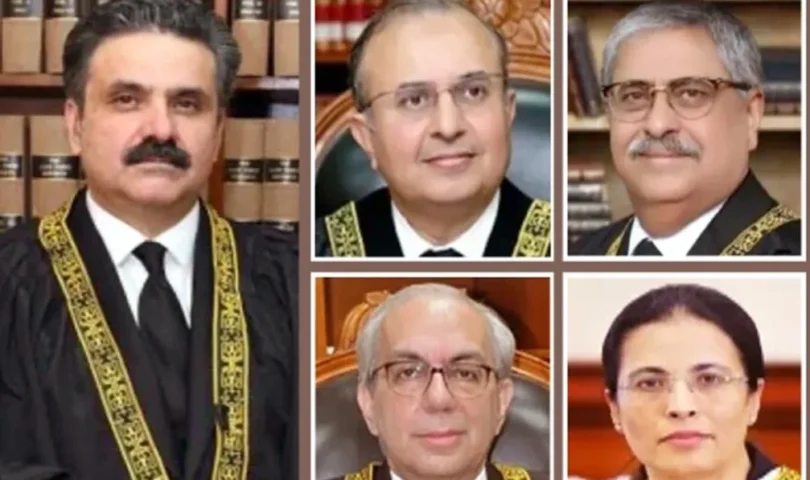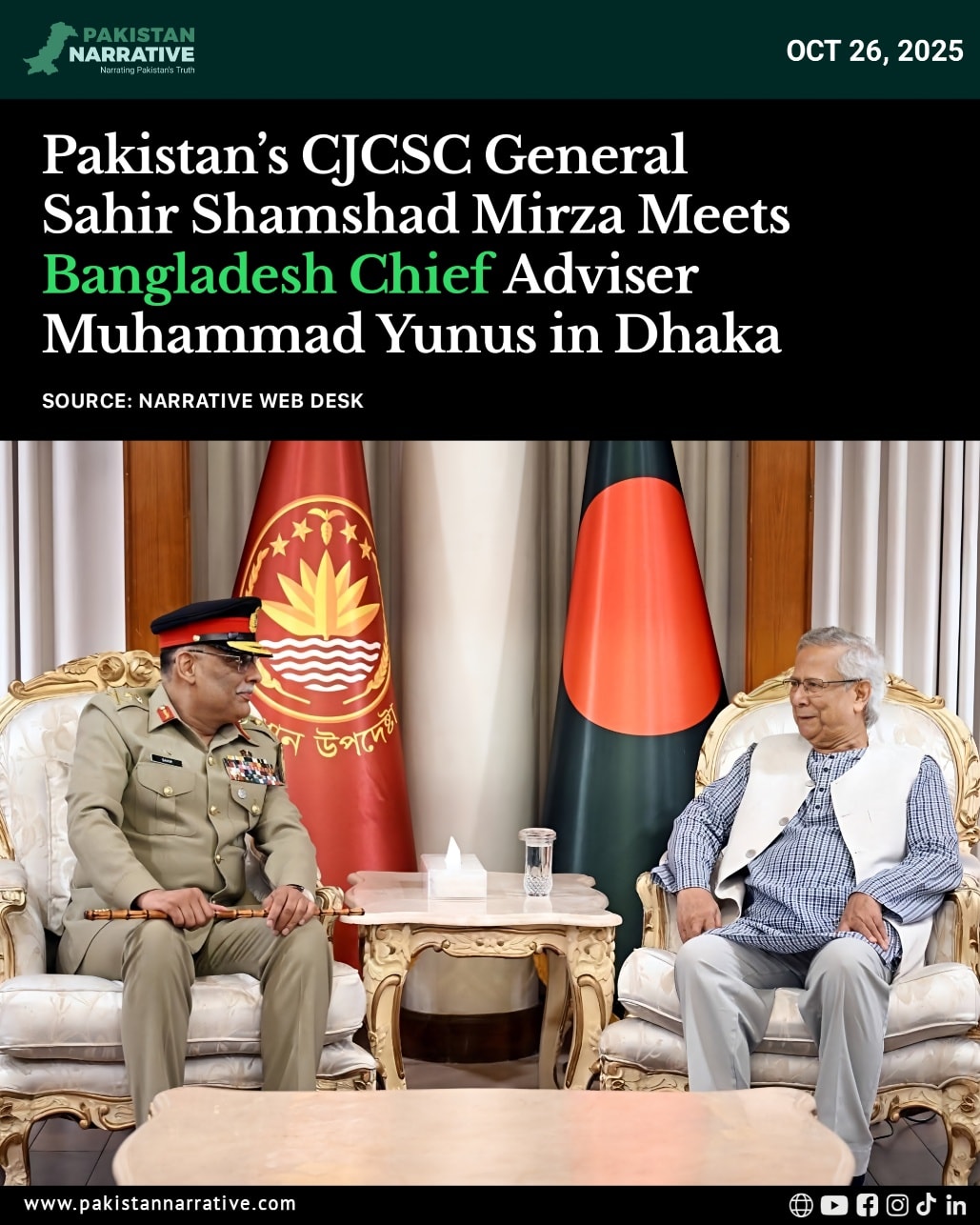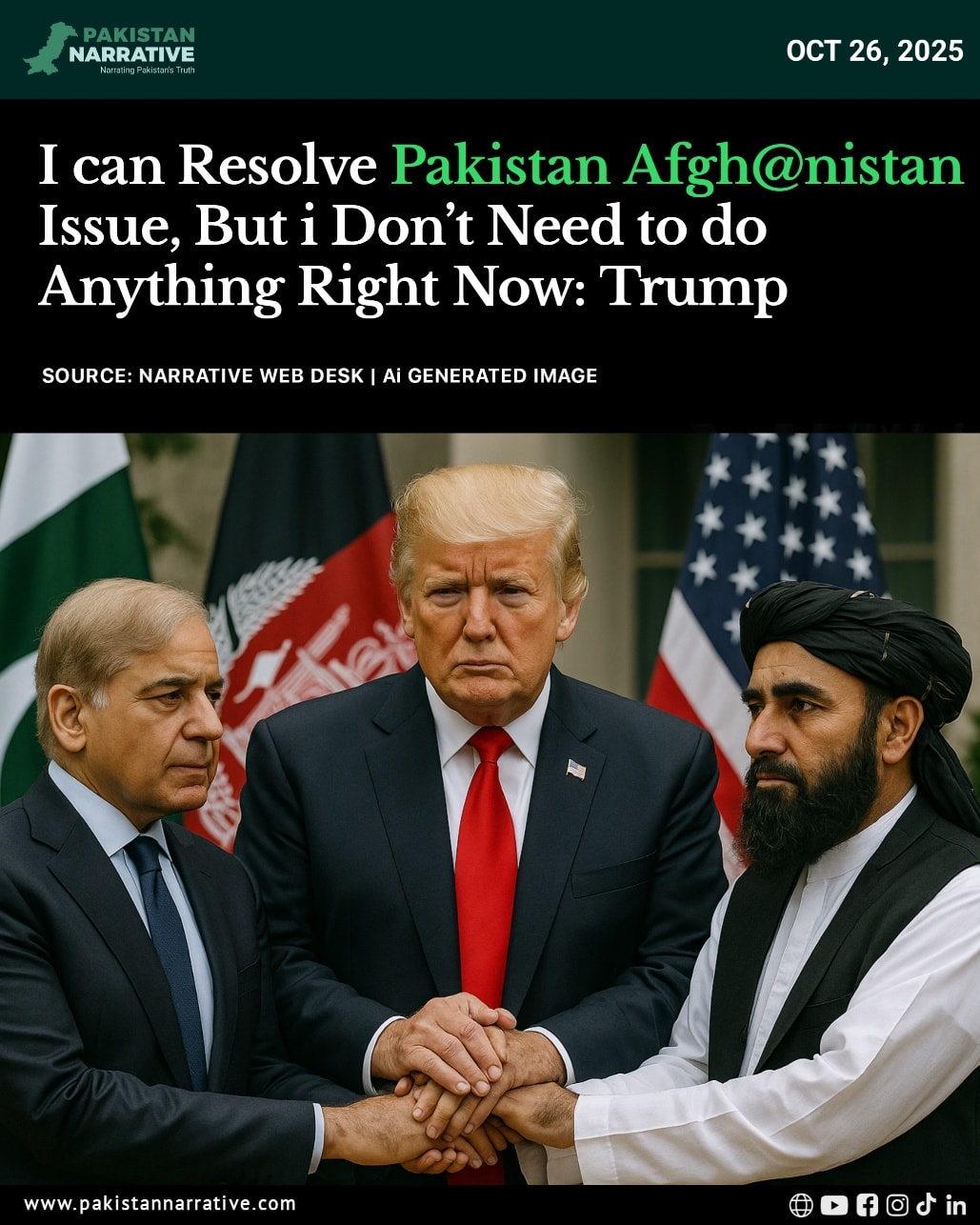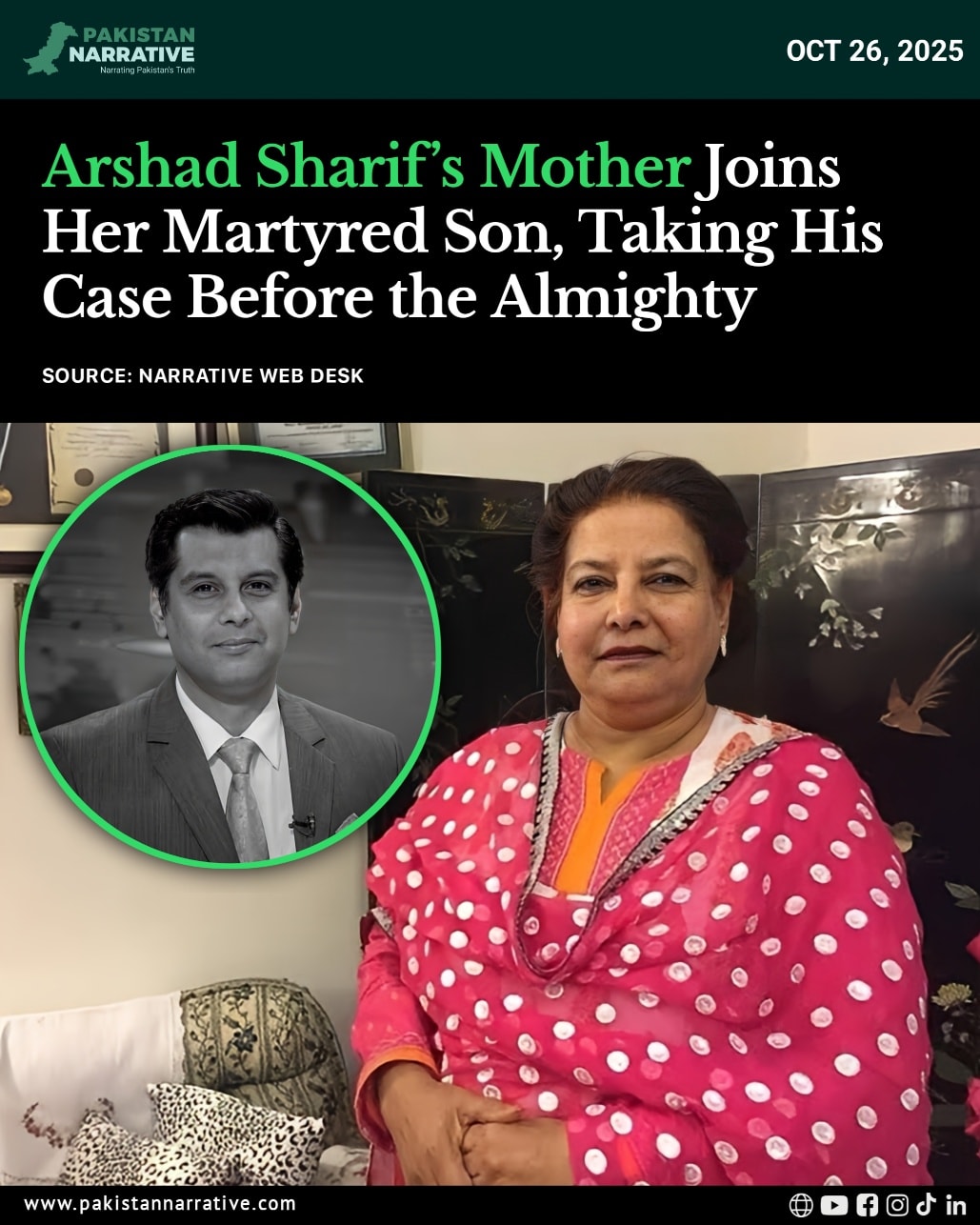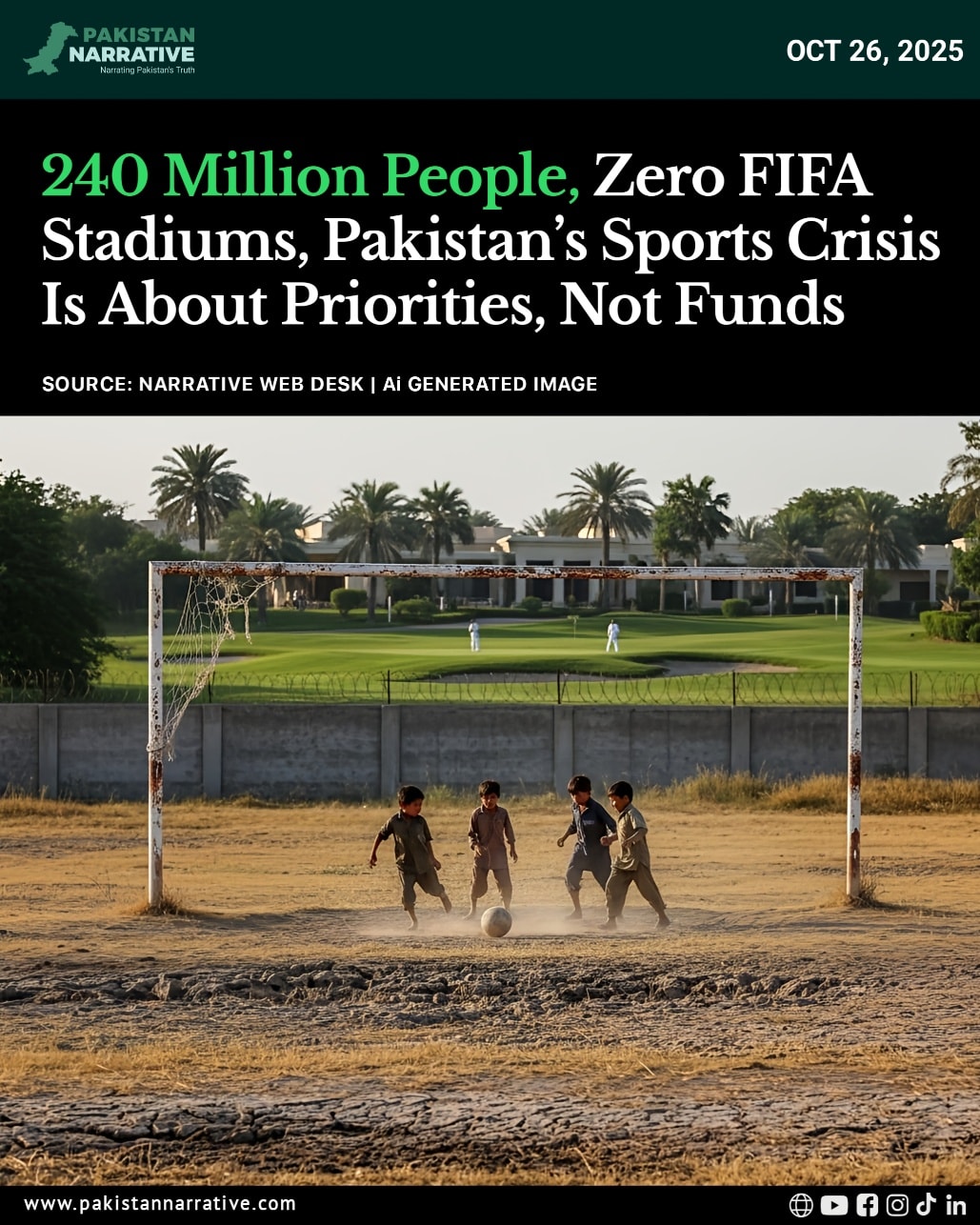ISLAMABAD: Four judges of the Supreme Court have written to Chief Justice Yahya Afridi, raising strong objections to the approval of the Supreme Court Rules 2025 through circulation instead of collective consultation. The judges also boycotted the full court meeting convened to discuss amendments.
The two-page letter, authored by Justice Mansoor Ali Shah and co-signed by Justice Munib Akhtar, Justice Ayesha Malik and Justice Athar Minallah, described the rules as “illegal both substantively and procedurally.” Copies were circulated among all judges of the apex court and the Registrar.
The judges argued that the rules were notified without full court approval, which is the only legitimate way to frame or amend such frameworks. They noted that circulation is reserved for “minor administrative matters,” not for changes of constitutional consequence.
They criticised the convening of a full court meeting after the rules were already published in the Gazette on Aug 9, terming it “an attempt to dress up an illegality in legality.” According to them, calling the full court belatedly only reduced it to a “rubber-stamp body.”
The letter pointed to contradictions in the working paper, which simultaneously claimed implementation through a committee and admission that the rules had already been notified. The judges said the legal fraternity’s earlier input had also been ignored.
Read More: KP govt approves digital pension system
“If full court approval was not deemed necessary for the original rules, how can it be necessary for amendments?” the judges asked, insisting that the only correct course was to place the complete rules before the full court for open debate and approval.
The four judges demanded that their objections be made part of the full court minutes and that the minutes themselves be made public. “Public trust is the true foundation of the judiciary, and only by bringing deliberations before the people can that trust be strengthened,” the letter said.
They declared their participation in the meeting “meaningless,” since it sought to amend rules they considered unconstitutional from the outset.
